- Home
- /
- Stories
Stories
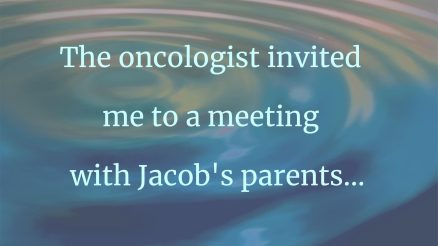
Kids Always Know
This is a story about failures. First, it’s about my inability as a pediatric hospice physician to do the one most important job in this tender space. Second, it’s about well-meaning, loving parents’ inability to do their part in that job.
Jacob was a smart, funny, elementary-age kid, great with Legos.
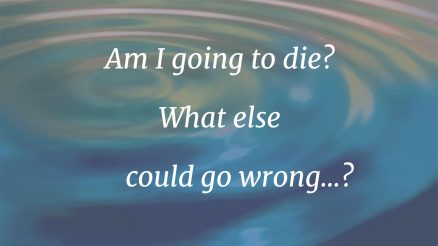
Lessons From the Heart
This can’t be happening to me, I thought. Yet here I was, on a gurney being wheeled into a cath lab for an angioplasty and possible stent.
This can’t be happening, I thought again.
But it was.
A little background: I have always thought of myself as healthy.
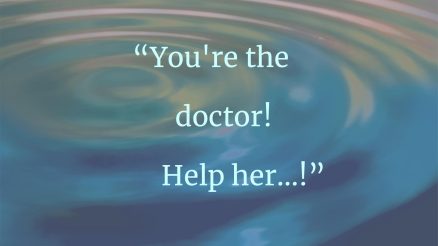
My Mother’s Keeper
It is a mitzvah to take care of your parents: “Honor thy father and thy mother.” And caring for people comes naturally to me. I’m a physician; this is what I do.
But when my father looked to me to cure my eighty-five-year-old mother’s dementia, saying, “You’re the doctor! Help her!” I knew he was asking too much.
And yet. How could I stand idly by while my mother’s mental acuity slowly drained away?
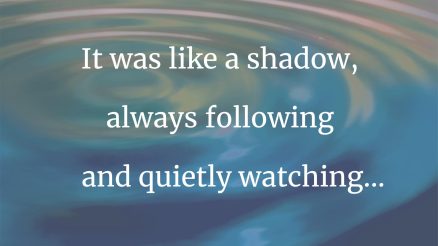
The Black Dog
It was a particularly sunny morning, and golden light streamed through the clinic windows. Seated in my preceptor’s office, I scanned her list of patients for the day. As a first-year medical student, I was to do preliminary interviews with some, and I hoped to find a few cases that would offer a chance to test my diagnostic reasoning.
The list held a lot of the usual–medication follow-ups, annual physicals, well-child checks—plus Ernest, a seventy-eight-year-old man who’d come into the emergency room for a urinary-catheter issue. This seemed promising, so I volunteered to see him.
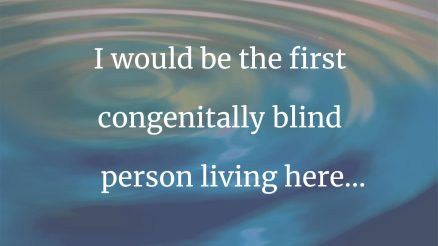
My Castle
Moving to an independent-living facility requires finding a balance between controlling the things that you can, and accepting help, or changes, with the things that you can’t. It also means striking a balance between being part of a more regimented community and being part of the outside world.
I’m nearly seventy, which is young for this move. But my hearing and balance are not what they were. I’ve had no family for twenty years, having outlived parents, husband and brother. Friends who have helped me in the past are aging into their own disabilities. My apartment of twenty years needed renovations that needed me gone. The timing felt right.
But my transition comes with extra challenges, because I’m congenitally and totally blind.
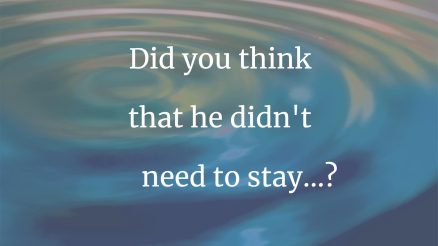
Letter to the Insurance Company Psychiatrist
Dear Dr. Anonymous:
Are you a Phil, Michelle or Darrell? Two years ago, you booted my seventeen-year-old son out of treatment, signing your denial letter “MD Psychiatrist.”
I understand that you were hired to qualify, or disqualify, patients based on a cost-benefit analysis. Your letter suggested that my son’s condition could be “managed at a lower level of care.”

Aftershocks
It’s Monday. I wake up at 7:15 am, go down to my apartment building’s lobby and meet with friends to work out before the rest of the day begins. We do arms, chest and back for an hour, then my friend PJ and I hit the steam room and head back to our apartments.
I call my mom for five minutes, then shower, dress and, before breakfast, knock out some flashcards on my laptop, like any self-respecting first-year medical student.
Today I’m spending a shift in the ER as part of my clinical-medicine class.
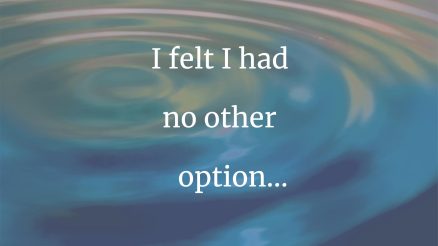
Saved
It was a spring afternoon in Kottayam, Kerala, India, and I was a seventeen-year-old student, doing my final two years of high school at a local college, as could be done in India. I was the student-body president, with just two months to go until graduation.
And in another five minutes, I was going to end my life.
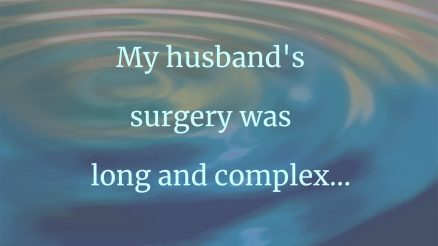
The Man Who Holds Hearts
One spring day last year, I sat in the office of the man who was to be my husband’s heart surgeon, waiting to have one of the most important conversations of my life. My husband, Craig, sat next to me with his guide dog, Chase, at his feet.
The doctor—tall, dressed in surgical scrubs—came in, introduced himself and sat down. His eyes looked kind; his demeanor was serious.
